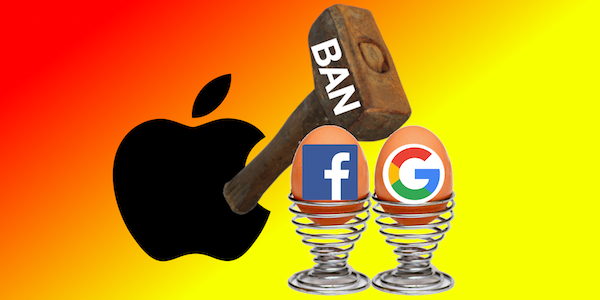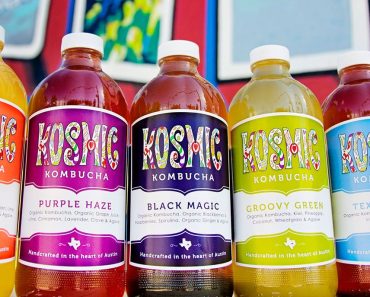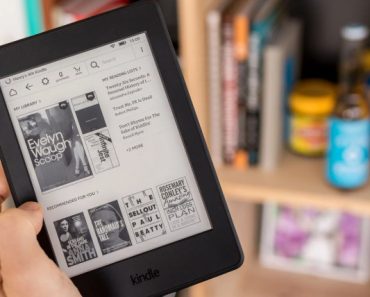
Apple did something unprecedented at the beginning of the month: it temporarily revoked Facebook’s ability to distribute internal iOS apps, in a punishment to the company. The fast, strong response came after the discovery that Facebook abused its enterprise privileges to install monitoring software on teenagers’ phones.
But Apple didn’t wield all of its power. In theory, Apple could have banned Facebook from the consumer-facing App Store entirely — a possible catastrophe for the social platform. The showdown demonstrates how vulnerable the tech giants are to one another, but some developers say that even if Apple made this decision, which it likely won’t, the results might not be as devastating as you’d imagine.
Can Facebook’s Sprawl be truly banned?
The ban would be a “much deserved handicap” on Facebook, but the company would survive it. That’s because Facebook is more than just one app, giving it some safety; developers also say the company’s sprawling web presence means it’ll never really be gone from iOS.
Apple couldn’t simply ban all of Facebook with a button click. It would have to ban every developer account that spans Facebook’s app portfolio, which means banning the accounts for Instagram, WhatsApp, and Facebook itself, among those for other, smaller apps. That would be an unusual move, too, since Apple typically blocks developers on a per-app basis, rather than as a full account.
After a ban, Facebook’s best bet would be to encourage people to use its web app, but that has its own disadvantages. For one, native phone apps are often faster and give users an experience they’re used to.
Web apps are less powerful, too. They don’t offer a comparable push notification system, he says, which is essential for messaging apps, and they can’t access information that a native app could, like a person’s contacts or the ability to track their location in the background.
Who does it hurt in the end?
Facebook would have to rethink its mobile web strategy and figure out how to make its web app more powerful and enticing. As someone who uses Facebook in mobile Safari, I can tell you that the current web experience is terrible. The text is small, scrolling is a pain, and everything I’d want to do on the app is slightly more of a struggle. The company also offers Instagram on the web, although you can’t post from it. WhatsApp has a web presence, too.
Even without its own apps, Facebook would still have a lot of insight into what’s happening on iOS devices. Its login system is widely used and sends usage data back to Facebook. Facebook also has a web tracker, the Facebook Pixel, that’s on 2.2 million websites, and its Like button appears on 8.4 million sites, following users along the way. That would all help Facebook continue to collect user data and target ads.
Apple users would be the ones to suffer from a Facebook ban. Instagram, Messenger, WhatsApp, and other Facebook properties have been among the top free App Store apps for years. Analysts estimate that they’re also among the most used apps on peoples’ phones, too. Apple would have to be okay with not only angering Facebook, but also disrupting its users’ lives. Without popular apps, the iPhone doesn’t do nearly as much.
Apple is happy to knock Facebook for its lax privacy practices here and there, but it isn’t completely gunning for the company. That means a full Facebook ban isn’t likely to happen. Apple may not like Facebook, but it’s reliant on the rival tech giant, too.









